The cyberpunk world of Remember Me has heaps of potential, but is hopelessly constrained by its linearity.
Set in Neo-Paris in the year 2084, Dontnod Entertainment’s debut Remember Me is quite unlike the studio’s later effort, the critical and commercial smash hit Life is Strange. Characterized by the digitization and commodification of memories, the game’s world is no paradise. In true cyberpunk fashion, life is dominated by a handful of megacorporations invading even the most mundane facets of one’s private life. The slums of Neo-Paris swarm with Leapers, deformed husks of their former human selves driven mad by their time in the memory prison La Bastille, while the rich reside in lofty high-rises in the white-tinted, “better” districts of the city. The story focuses on an amnesiac La Bastille escapee Nilin, an ex-memory hunter – an individual hunting or stealing memories for sport or profit. The gears are set in motion when she joins the ranks of Errorists, a radical movement opposing memory digitization and the rule of the corporation largely responsible for it, Memorize.
The dystopian setting brings to mind games such as Dishonored or Mirror’s Edge, with the distinction that the game is a lot less exploration-oriented in comparison. Remember Me is also less creative with its combat – instead opting for a more standard action RPG beat ‘em up approach. This is clearly not the studio’s forte, because even though being relatively well-refined and the hits feeling like they have some real power behind them, the combat simply feels generic and fails to consistently maintain the player’s interest. This is a real drawback since, despite its vivid and detail-rich world, the game is still an action RPG at its core, and thus the combat being almost constantly present is a given. The combat is slightly spiced by the game’s combo customization system, but even that still comes off as clunky and unintuitive.
As proven by Life is Strange, Dontnod’s games excel more in the world-building and storytelling aspects. While less contemplative and atmospheric than LiS, Remember Me does still deliver on multiple fronts, offering stunning visuals, a captivating soundtrack and a world that is easy to sink into. The city feels alive, and the immersion is reinforced by many of the game’s UI elements – such as context-sensitive prompts – being integrated into the gameworld itself as augmented reality elements manufactured by the megacorporations of Neo-Paris.
The game’s main problem is linearity. The world is brimming with detail and Neo-Paris practically begs to be explored, but the game is confined by its stubbornly straightforward way of constructing the experience. Many areas give the impression that there would be more to be seen, yet the player is more often than not caged by a multitude of invisible walls when attempting to stray off the path. Regardless, Remember Me manages to provide an enjoyable experience – if only for a single playthrough.
Platforms: PC (reviewed), XBOX 360, PS3
Developer: Dontnod Entertainment
Publisher: Capcom Co., Ltd.
Release Date: 3 June 2013
PEGI Rating: 16+
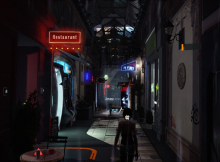
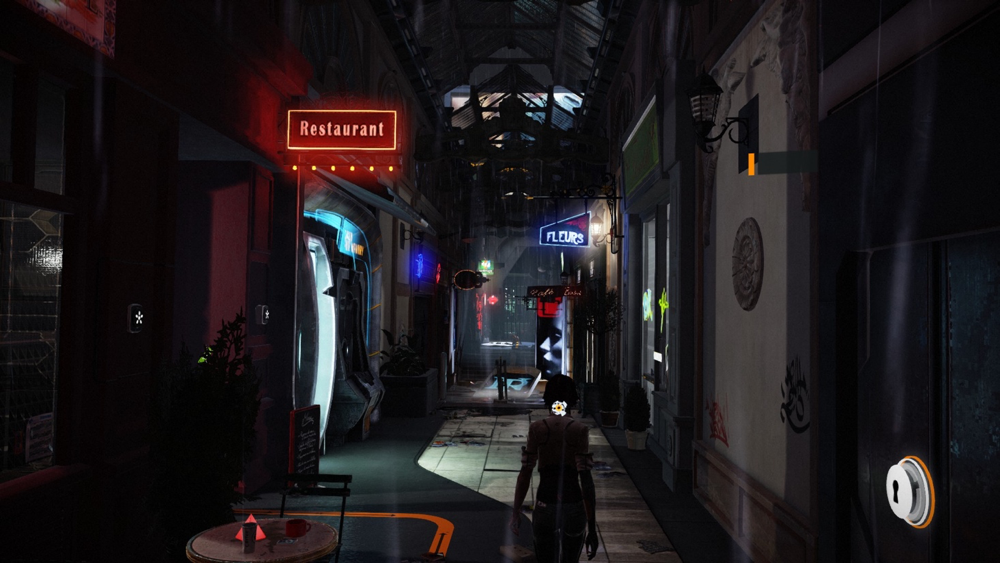
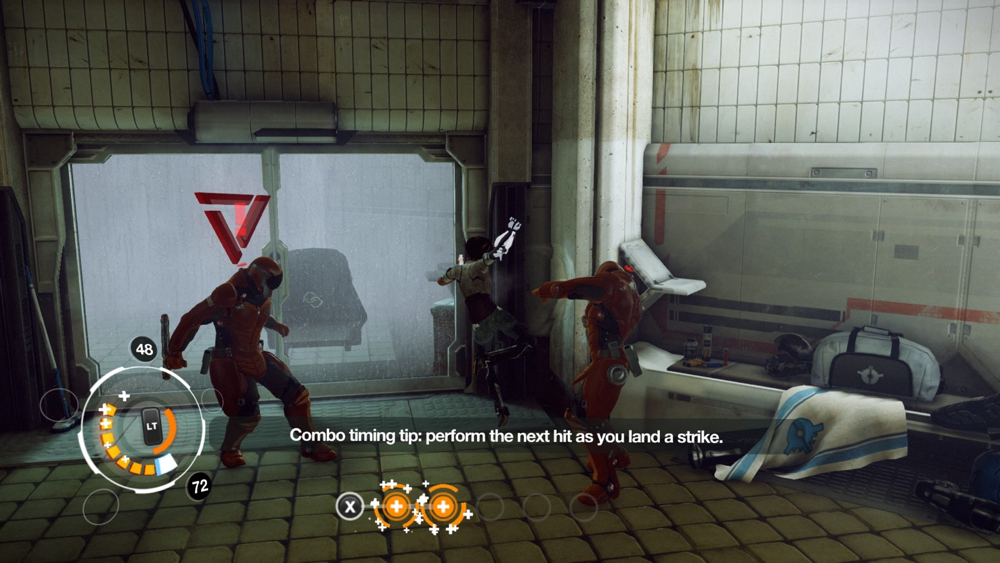
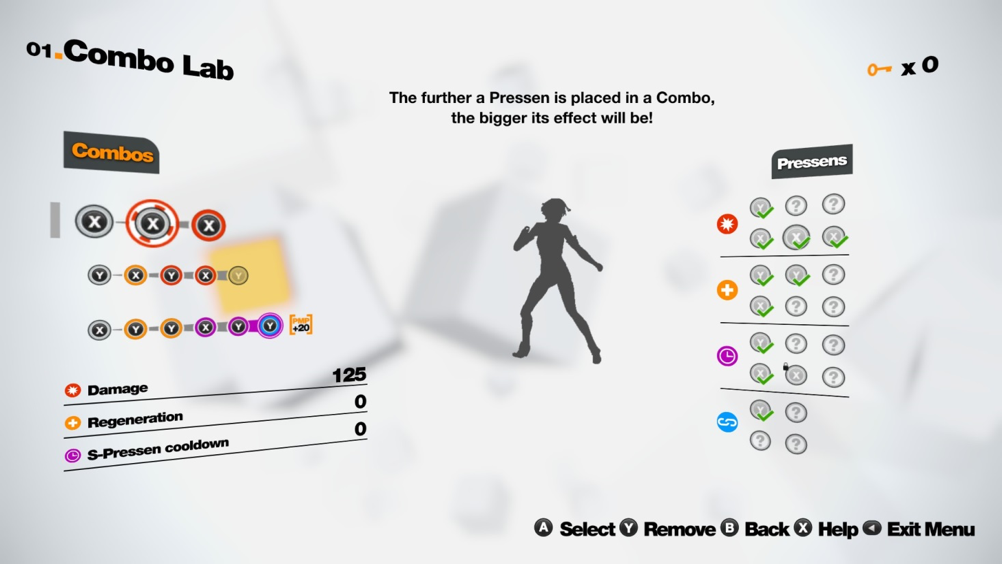
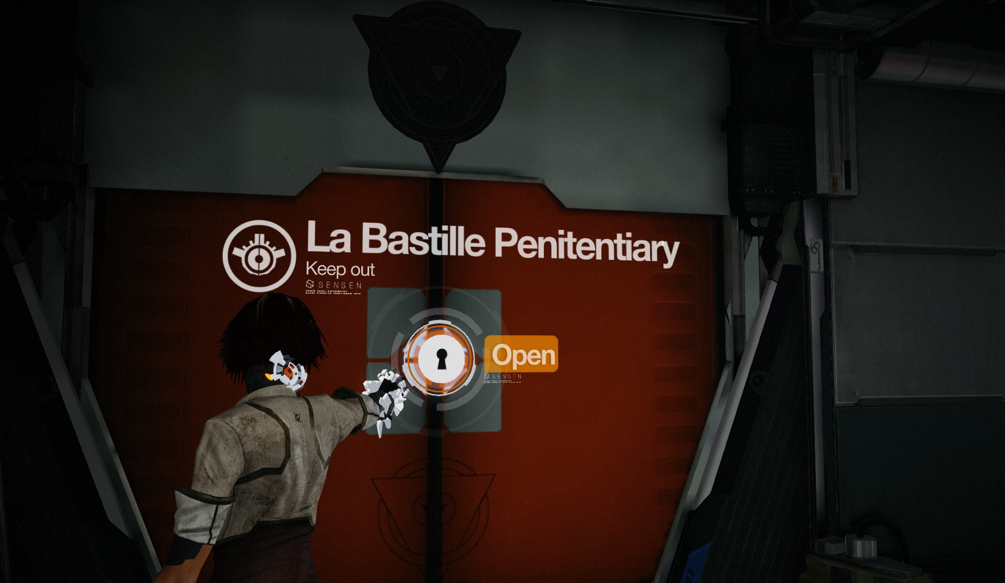
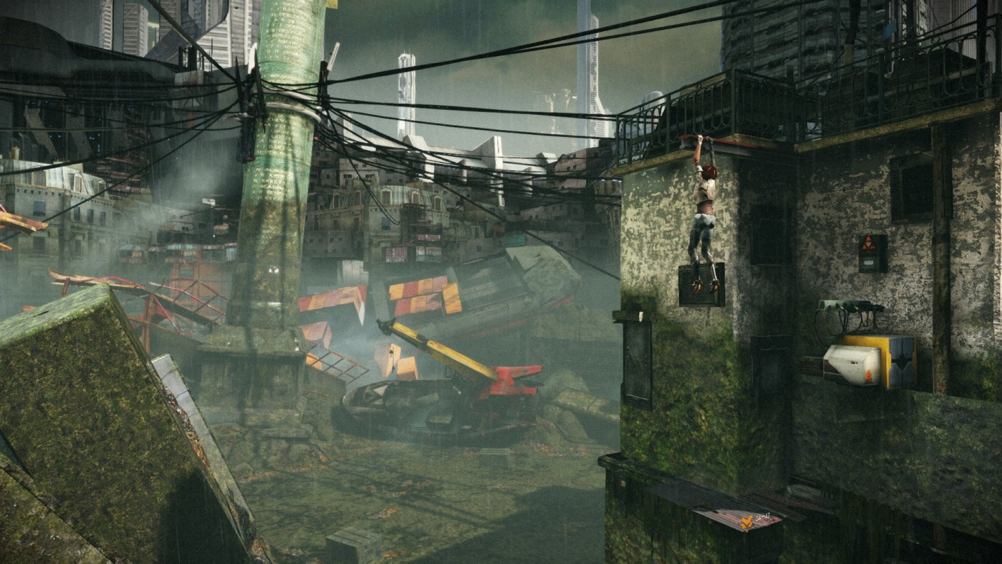
Leave a Reply